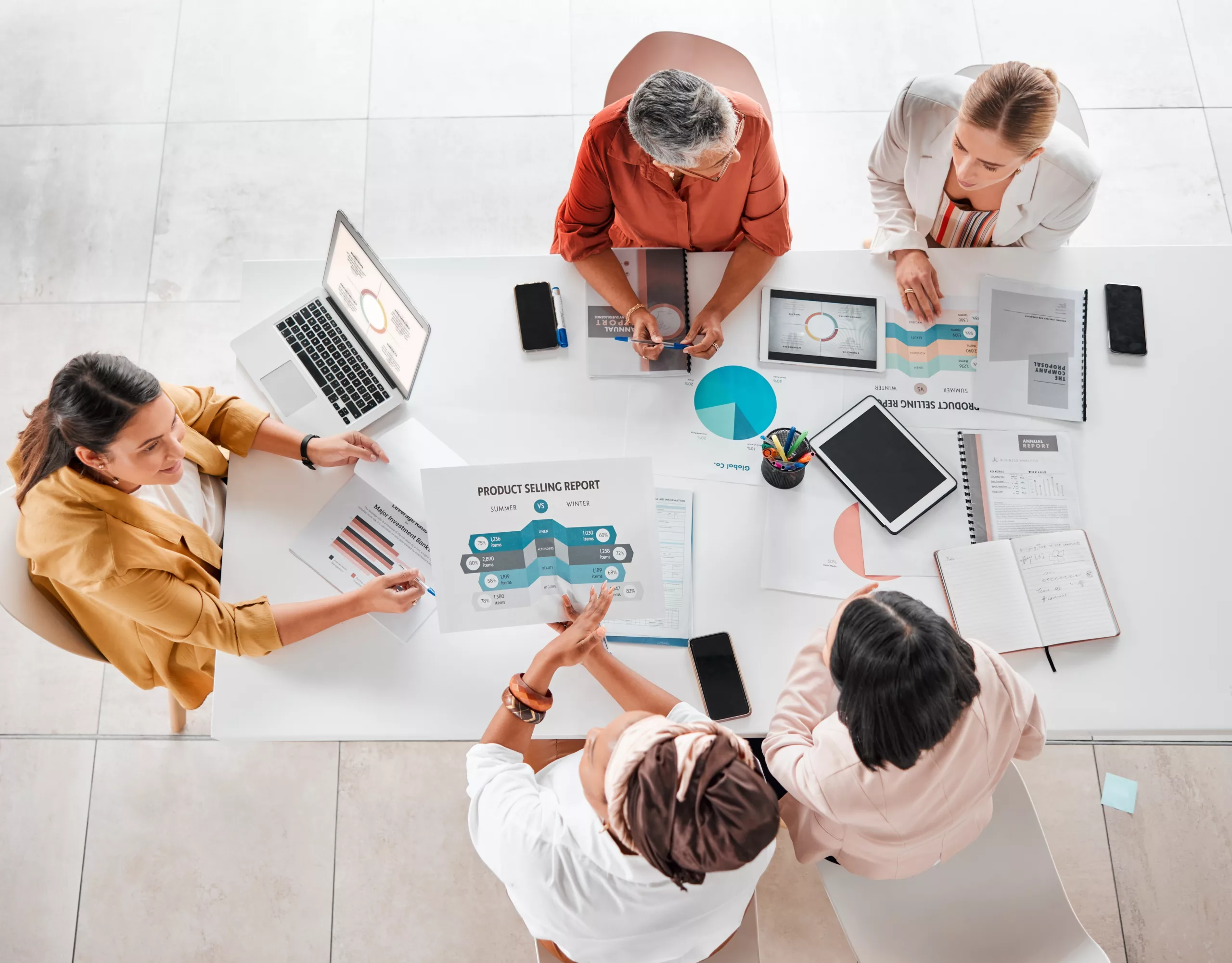Transforming professional education in the Digital Age
In a professional landscape characterized by rapid changes and the constant evolution of technology, learning & development (L&D) and training programs are essential for effectively adapting to the new realities of the labor market. They must offer a harmonious combination of digital and traditional learning and the role of experienced facilitators becomes crucial in this process.
Experiential learning holds a central place in modern L&D strategies, promoting the practical application of theoretical knowledge. Methods such as group projects, case studies, coaching and mentoring activities not only enhance the learning experience but also cultivate essential skills such as critical thinking, creativity and teamwork. This type of direct learning allows employees to explore and develop in a dynamic and interactive environment.
As technology advances, digitalization in L&D becomes an essential pillar complementary to experiential learning. E-learning platforms and digital resources provide easy access to information and personalized courses, facilitating autonomous and continuous learning. Digitalization not only extends training possibilities but also introduces new skills necessary in the professional world, such as those related to information and communication technology.
In this context, a key element for the success of L&D programs is the presence of experienced facilitators capable of managing and leading interactive workshops. These trainers play a fundamental role in effectively blending digital with traditional learning, ensuring that participants can apply theoretical knowledge in practical scenarios. Their experience and ability to facilitate learning transform the educational process into a complex and personalized experience that meets the individual needs of employees.
Thus, L&D programs must adapt to the new digital era, offering a balance between technology and human interaction, under the guidance of competent facilitators. This holistic approach promotes the development of a diverse set of skills, preparing employees to face current challenges and capitalize on future opportunities. In conclusion, by combining experiential learning with digital resources and the effective leadership of an experienced trainer, we can ensure that we are prepared for the future of the labor market, in a continuously evolving professional landscape.


